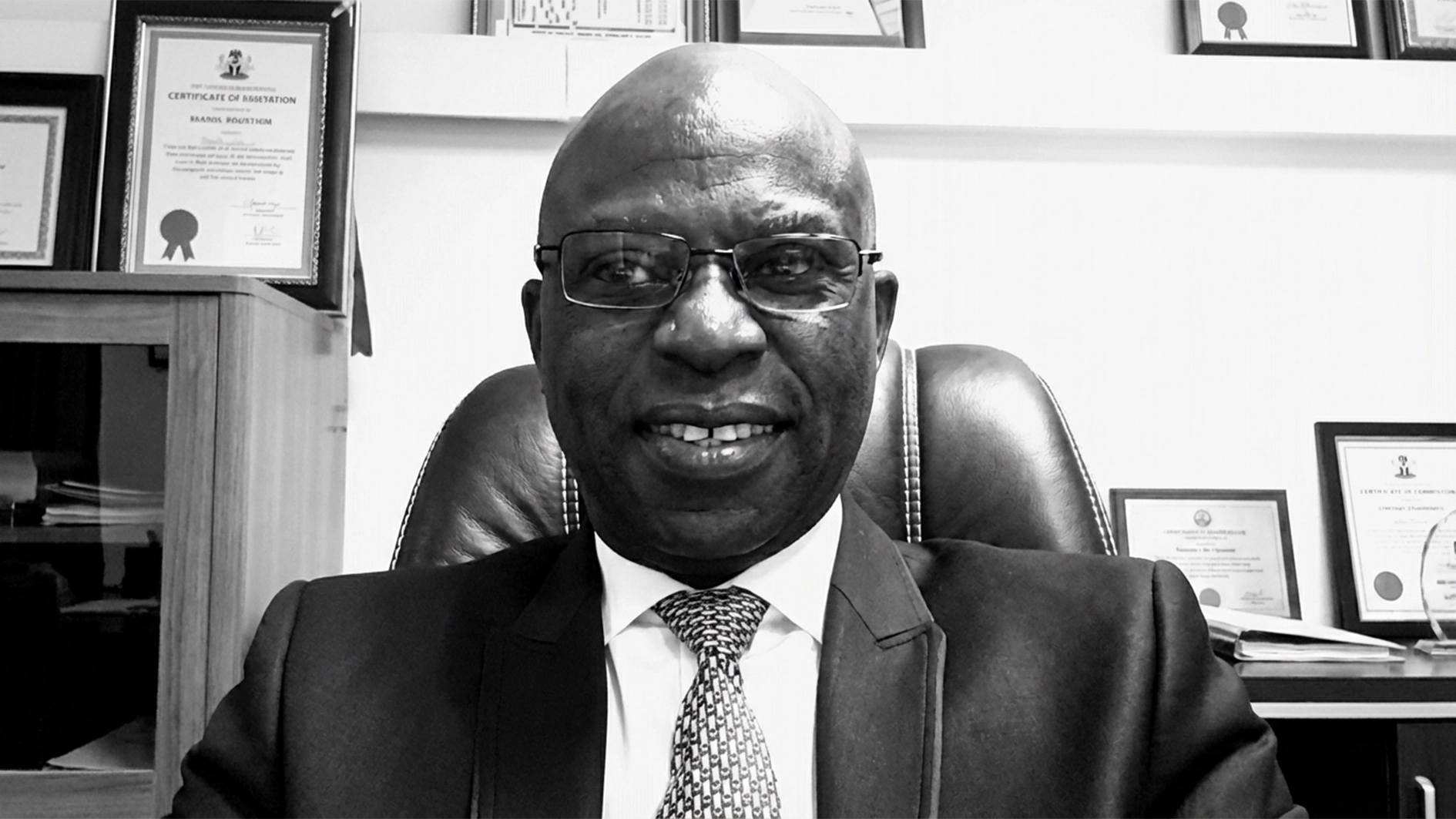Aviation analyst, Grp Capt. John Ojikutu (rtd) has advised the Federal Government to concession the old international terminal of the Lagos airport, rather than proceeding with its proposed reconstruction at an estimated cost of N712 billion.
Ojikutu, in an interview with The Guardian at the weekend, insisted that concessioning would deliver greater economic value and reduce its financial burden on the government.
Ojikutu, a long-time advocate of private sector participation in non-aeronautical airport operations, said the government should prioritise concessioning of terminal buildings, as was done with the Murtala Muhammed Airport Two (MMA2), Lagos, and cargo terminals, instead of committing scarce resources to yet another rebuilding project.
According to him, concessioning the old international terminal would free public funds for critical safety, security and manpower development needs in the aviation sector, areas he said had suffered neglect for years.
He suggested that funds earmarked for the reconstruction of the terminal could, instead, be channelled towards restoring capacity in safety oversight, technical expertise and training.
He said: “It will benefit the nation better to concession the Lagos passenger terminal buildings, especially the old international terminal planned to be reconstructed with N712 billion. Give it out and face the critical issues in safety, security and manpower development.”
He alleged that about five years ago, foreign investors had reportedly offered $300 billion for the Lagos airport terminals under a 30-year concession arrangement, but regretted that the government rejected the offer.
Ojikutu expressed that at the time, the value was equivalent to N360 billion annually, almost double the total annual revenue generated by the Federal Airports Authority of Nigeria (FAAN) from all its 22 airports.
He, however, blamed political officeholders and agency administrators for resisting economically viable reforms.
Ojikutu warned that Nigeria’s aviation sector was battling a critical shortage of skilled manpower due to years of premature retirements that had prevented experienced professionals from rising to director-level positions.
This, he decried, continued to hurt the country’s ratings in the International Civil Aviation Organisation (ICAO) and the United States Federal Aviation Administration (US FAA)/ Transportation Security Administration (TSA) audit.
Also, Comrade Olayinka Abioye, a union leader in the Nigerian aviation industry, had clarified that the unions were not against concessioning of some airports as planned, but said the government had failed to provide clarity on valuation, expected returns or workers’ welfare.
Abioye, a one-time General Secretary, National Union of Air Transport Employees (NUATE), queried what the government intended to concession, the value of the concessioning, the government’s expected returns and the benefits of the exercise to Nigerians and the workers.
Abioye also emphasised that the unions had canvassed other options, such as greenfield concession or designation of a particular airport as a pilot scheme for three years to determine the effect and consequences of concessions.






